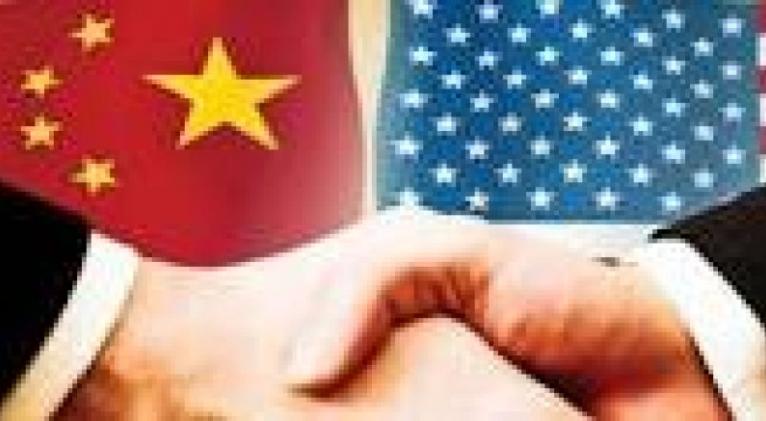Expectations about China-U.S. Trade Talks
especiales

Beijing, Nov 21 (Prensa Latina) The 27th session of the China-United States Joint Commission on Trade and Business, which opened today in Washington, and the strengthening of economic ties between the world''s two major economies attract the attention of international analysts.
The meeting, scheduled to end on November 27th, will debate the implementation of the consensus between the two countries' leaders, who will exchange viewpoints about trade issues and are expected to explore new forms to expand mutually-beneficial cooperation.
According to the Chinese Foreign Ministry, Deputy Prime Minister Wang Yang and U.S. Secretary of Trade Penny Pritzker, along with Trade Representative Michael Froman, will chair the talks on Trade and Business, which will also be attended by U.S. Secretary of Agriculture Tom Vilsack.
The meeting has made headlines on global media, because it will be the last high-level session between China and the U.S. this year, and the two countries will exchange important ideas about the economy and trade, as well as the ways to further boost cooperation, according to Foreign Ministry spokesman Lu Kang.
Beijing and Washington have fostered their commercial relations and investments over the past few decades, thus strengthening bilateral ties.
In 2015, the U.S. was China's second major trading partner, the main destination for Chinese exports and the world's fourth origin of China's imports.
For its part, China was the largest trading partner and origin of imports of the United States and the third major destination for U.S. exports. Bilateral trade totaled 558.4 billion dollars, and mutual investments exceeded 160 billion dollars.
However, there is uncertainty at present about the viability of free trade between the two countries after the election of Donald Trump as the president of the United States and the possibility that Washington closes to trade, not only for U.S. business circles, but also for its trade partners, including China.
As it is known, Trump promised, during his presidential campaign, to recover the jobs lost in the manufacture sector by renegotiating the free trade agreements and imposing high tariffs on the trade partners of the United States.
In such a case, experts think that restrictions to trade and investments will be insufficient and counterproductive.
However, China and the United States, which have noted that they have more common interests than differences, are expected to favor the defense of their economic and commercial cooperation and to reach consensus, while dealing with their differences in a spirit of respect, understanding and mutual agreements.













Add new comment